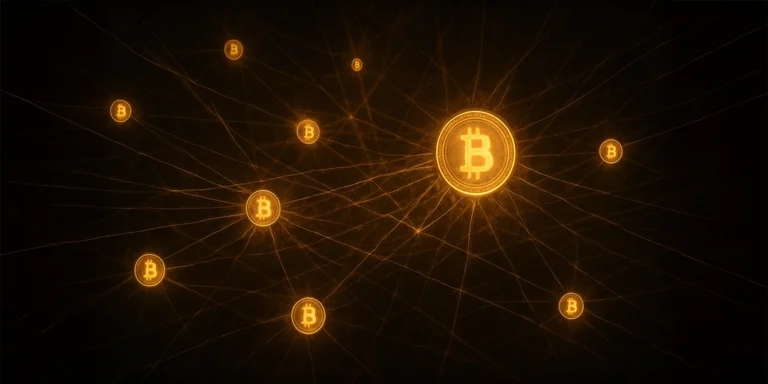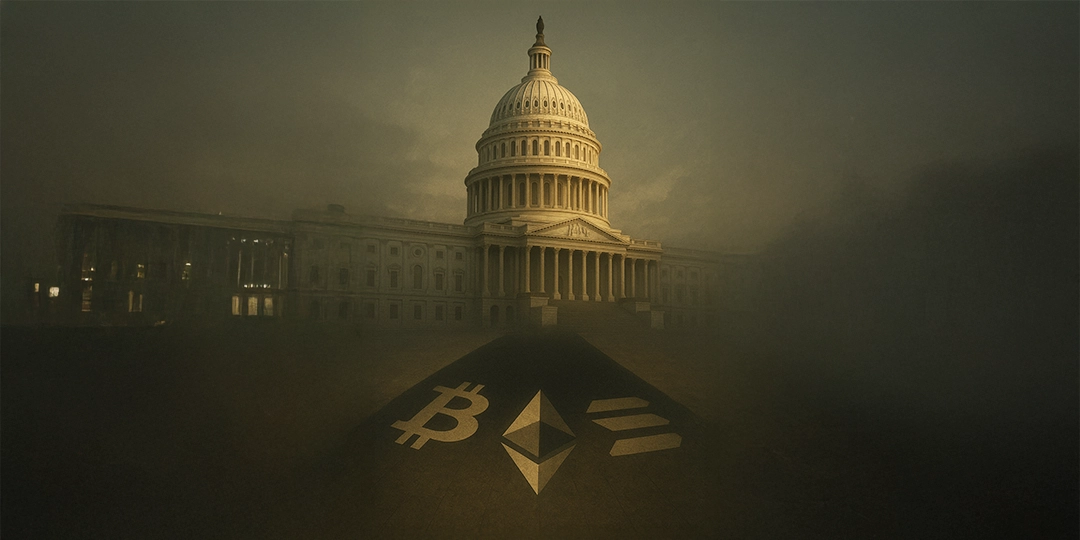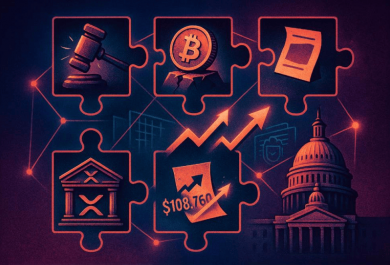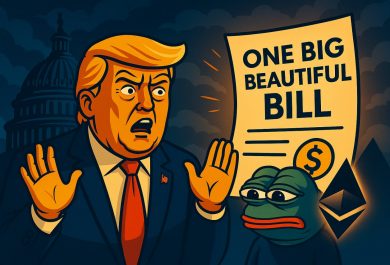In a crypto-unfriendly statement, the Supreme Court (SC), the highest court of India, remarked that Bitcoin trading is a refined version of the hawala business in India. A bench of SC Justices Surya Kant and N Kotiswar Singh made this statement while dealing with a bail application of Shailesh Babulal Bhatt, who was caught by the police for allegedly engaging in illegal Bitcoin trading. He has been in police custody since August 14, 2024.
For the uninitiated, Hawala is an informal and traditional money transfer system that allows a person to deal with cross-border money transfers to another person in another country through agents, eliminating exchange rates and transfer costs.
The SC’s striking remark came out as it questioned the lack of a proper regulatory framework for digital currencies in the country. The court also stated that it had asked the Central government to inform it about a policy on digital currency trade. Although the court requested the policy regime two years ago, the center has not yet prepared anything.
In 2018, the Reserve Bank of India (RBI) issued a circular prohibiting banks and financial institutions from offering virtual currency services. However, the circular turned into ashes when the Supreme Court repealed it following an appeal from the Internet and Mobile Association of India (IAMAI) along with other stakeholders.
Mukul Rohatgi, a senior SC judge advocating for Bhatt, said that the arrest of his client was a mistake, pointing out that trading in Bitcoin is legal in India as the SC has already revoked the RBI’s circular. He even emphasized the importance of Bitcoin, saying a person can buy a car in foreign countries with just one Bitcoin.
Meanwhile, Justice Surya Kant told Rohatgi the SC has been advising the government that a regulatory regime for virtual currencies would prevent such complications. Justice Kant also added: “All I understand is that there are some genuine Bitcoins and some are fake Bitcoins”. Following this, Kant told Rohatgi that trading in Bitcoin in India is like “dealing with a refined way of Hawala business”.
The crypto industry in India is still facing uncertainty regarding crypto regulations. According to a report by an AI-based risk detection platform, Crypto Hub, crypto in India operates in the grey area. The country has imposed a 30% tax on crypto gains and a 1% Tax Deducted at Source (TDS) on transactions, impacting traders.










